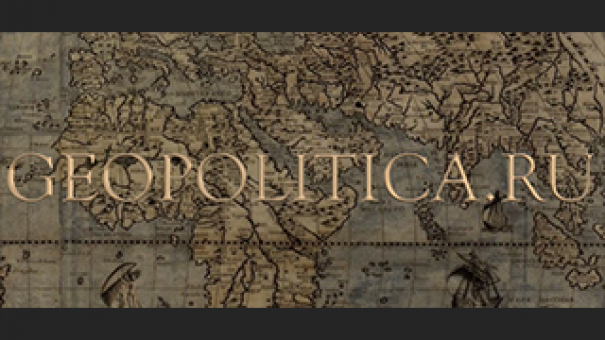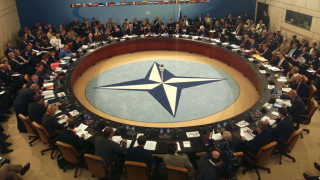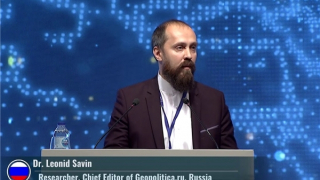Voir aussi
11.11.2016
Les Etats-Unis doivent commencer à déployer en février une brigade de combat supplémentaire en Europe, portant à trois le nombre de ces brigades sur...
30.07.2016
Les bombardements aériens russes ont été extrêmement efficaces, car ils avaient planifié de créer des brèches dans les dispositifs des islamistes que...
03.05.2016
Les vagues de migrants fuyant les guerres touchant la Syrie, la Libye, les attentats de Tunisie et d’autres pays musulmans déstabilisés par les...
01.09.2016
Si la Turquie sortait de l’OTAN, d’importants bouleversements auraient lieu à travers le monde. La Turquie était sous contrôle de Washington depuis...
10.10.2016
Dodik est pourtant à l’origine un homme du camp atlantiste, président du SNSD il est proche de Boris Tadic, l’ex-président serbe, et poussé sur le...
21.09.2020
Mohsen Abdelmoumen : Dans votre livre « Coaching & conflicts », vous évoquez le concept de guerre hybride. Pouvez-vous expliquer ce concept de...
16.08.2016
La rencontre Poutine Erdogan le 09/08 à St Saint-Pétersbourg a marqué, comme attendu, le rapprochement entre les deux pays, quelques semaines après l...









